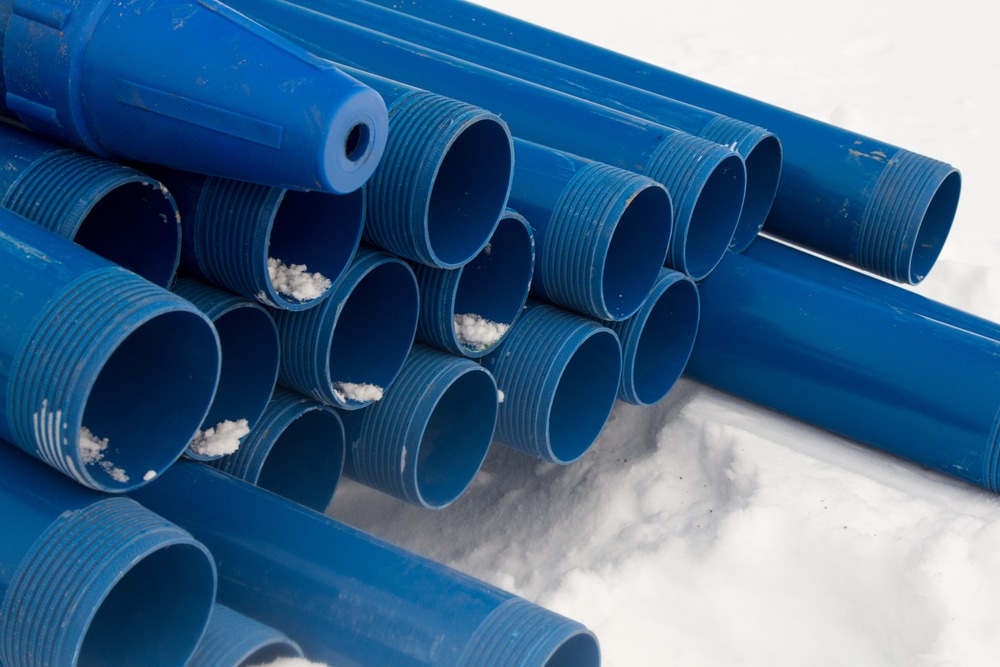There are several important components that make up a water well on a private property, and one of these is the well casing. Vital for protecting and maintaining the well opening, the well casing will be present for virtually any well you see – and needs to be protected itself from risks like cracking or other damage.
At Mike Zimmerman Well Service LLC, we’re happy to offer numerous water well installation and rehabilitation services, including for wells where casing damage or related issues are becoming a problem. What exactly is the well casing, and which areas within its operation should you be keeping an eye on? Here are some basics to be aware of.
Water Well Casing Definition
The water well casing refers to a tube-shaped structure that largely defines the shape of the well itself. It provides a sealed pathway allowing water to flow to the top of the well without any risks of contamination or sediment formation. It also supports the wall of the well, stopping any loose rock fragments or gravel from collapsing.
In most cases, residential well casing will measure between four and six inches in width. For commercial wells, on the other hand, casing will generally be significantly wider depending on the well requirements. Well casings will typically be topped with a plastic or aluminum cap that keeps various contaminants and pests out, plus will help control the water pressure during the pumping phase.
Local Regulations
In certain states or even distinct local areas, there are government regulations for water well casings. These will typically feature areas like minimum lengths and recommended materials, or may dig into a few other details as well. Speak with our pros to be sure you’re compliant with any casing regulations in your area.
Choosing Casing Material
There are several materials available that are often used for water well casings, the most common of which will be steel (carbon or stainless) or plastic, particularly PVC casings in this latter area. The latter, in fact, has been growing significantly in popularity over recent years due to its durability and corrosion resistance.
When choosing the ideal material for your water well casing, there will be several important variables to keep in mind. First and foremost, you must consider the local regulations we went over above if they apply here. Secondly, consider the type of equipment being used and the cost. Your water well installer will also advise you on several important areas of chemistry and geology, such as whether water pH levels indicate corrosion risks – in which case you would want to go with PVC casing, which resists multiple forms of corrosion.
For more on your water well casing, or to learn about any of our water well drilling or rehabilitation services, speak to the staff at Mike Zimmerman Well Service LLC today.



